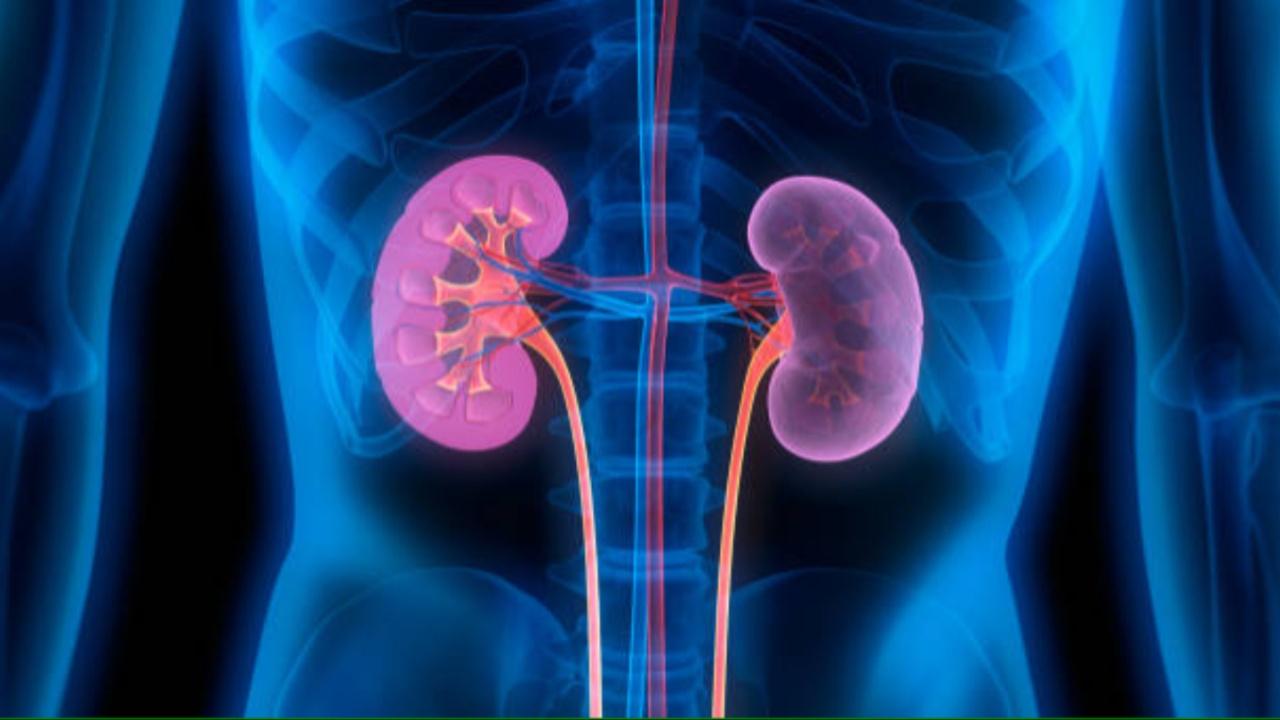Five ways in which Ayurveda helps in promoting kidney health
Ayurvedic treatments for kidney health primarily involve the use of herbs and natural substances that have been proven effective over centuries
Updated on : 10 January,2024 07:45 PM IST | Compiled by : Editor
Drawn by the system's natural and holistic approach, patients from around the world are increasingly seeking Ayurvedic treatments in India for kidney ailments such as kidney failure, kidney stones and infections

Kidneys play a crucial role in eliminating waste and toxins from the body, maintaining a delicate equilibrium. Any disruption in this balance can lead to kidney-related ailments. Unlike modern medicine, which often emphasises symptomatic treatment, Ayurveda seeks to identify and address the root cause of the problem. Photo Courtesy: iStock

Ayurvedic treatments for kidney health primarily involve the use of herbs and natural substances that have been proven effective over centuries. Herbs like Punarnava, Gokshura, and Varuna are known for their diuretic properties, promoting healthy urine flow and aiding in the removal of toxins from the body.

For kidney health, Ayurvedic principles recommend a diet that balances the doshas and supports the kidneys' natural functions. This involves reducing the intake of certain foods that may strain the kidneys, such as excessive salt and protein, while promoting the consumption of hydrating foods like cucumbers, watermelon, and herbal teas.

Panchakarma, a cornerstone of Ayurvedic treatment, involves a series of detoxification procedures that aim to eliminate accumulated toxins from the body. In the context of kidney health, Panchakarma therapies can help in cleansing and rejuvenating the kidneys.

One of the unique aspects of Ayurveda is its emphasis on individualised treatment plans. Ayurvedic kidney specialists take into account the patient's unique constitution, lifestyle, and specific kidney condition to tailor a treatment regimen. This personalised approach enhances the effectiveness of the treatment and ensures that the patient receives the most suitable care for their needs.
With inputs from IANS.
Disclaimer: This information does not replace professional medical advice. Consult a qualified specialist or your physician for personalised guidance.





